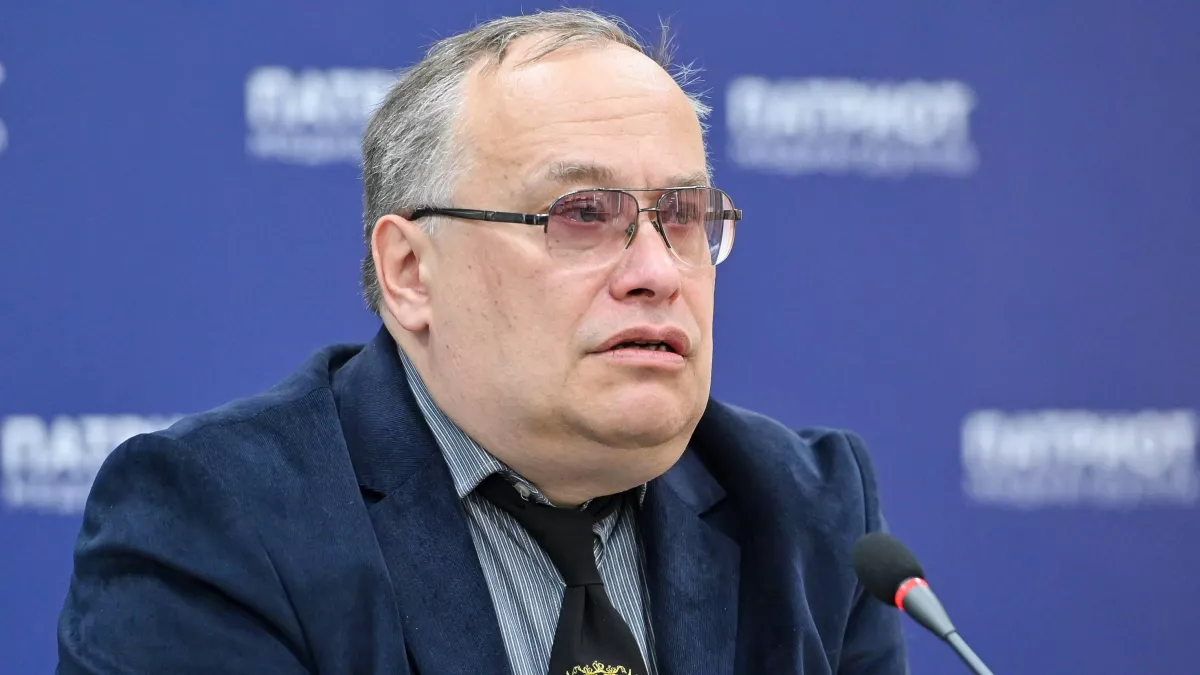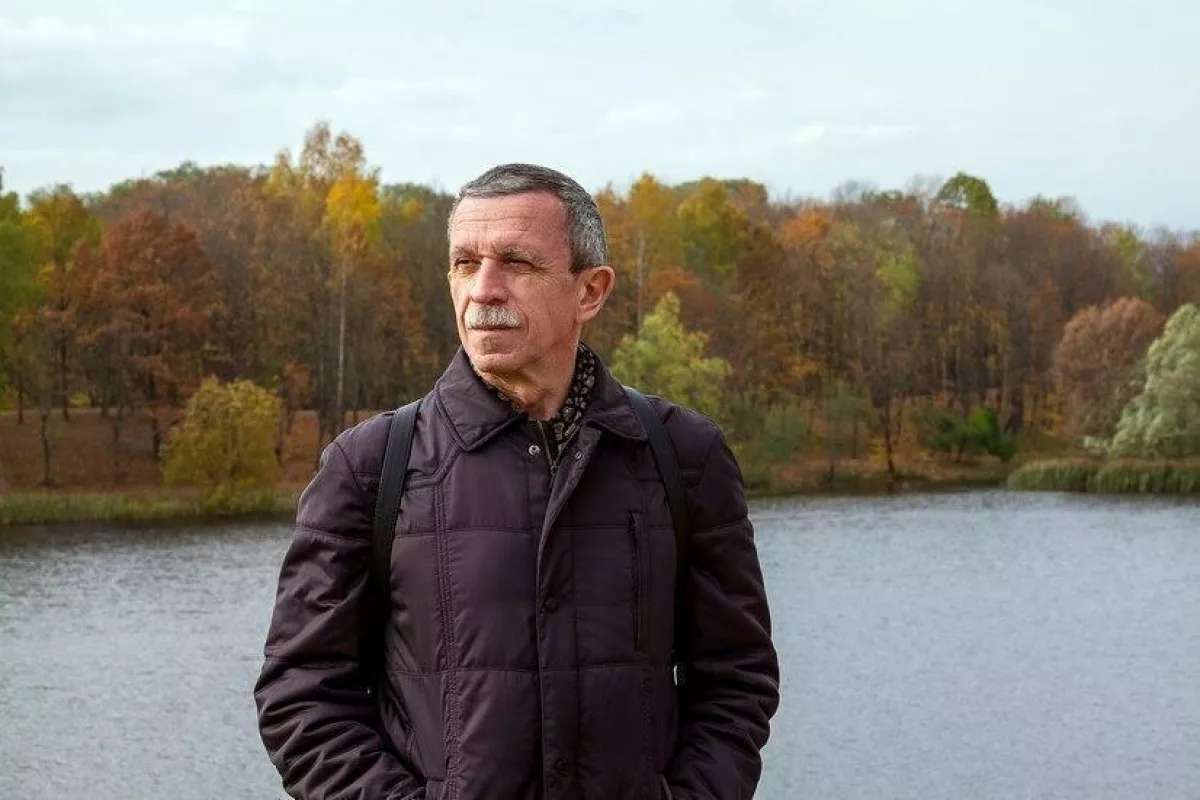The Zangezour Corridor: Moscow's diplomacy against Iran's intransigence Expert insights
Iran and Russia appear to be struggling to find common ground on the issue of the Zangezur Corridor, with tensions seemingly escalating. Tehran perceived a threat in the discussions between Putin and Aliyev on the Zangezur topic during the Russian president’s visit to Baku, as well as in statements made by Russian Foreign Minister Lavrov. Since then, Iran's rhetoric has become increasingly heated.
Tehran's frustration culminated in summoning the Russian ambassador to the Iranian Foreign Ministry, where he was told that Iran is "against any changes to the region’s borders that are recognized geopolitically and internationally." Speaking to journalists on September 6, Iran's ambassador to Armenia, Mehdi Sobhani, stated that "dreams and fantasies about the Zangezur Corridor will never become a reality." The next day, Ebrahim Azizi, chairman of the Iranian Parliament's National Security and Foreign Policy Commission, added fuel to the fire by calling the Zangezur Corridor a "false corridor," expressing concern that it could be part of a project aimed at reducing Iran's military and political influence in the region.
Tehran's concerns remain unclear, especially given Baku’s repeated assurances that the Zangezur Corridor will not threaten the road connecting Iran and Armenia. The specific boundary changes Iran is referring to are also unclear. These issues were addressed to Russian political scientists by a correspondent from Caliber.Az.

According to Nikolai Mezhevich, Doctor of Economics and Professor of European Studies at St. Petersburg State University, it is first important to clarify that the discussion concerns relatively small areas of land.
"This is not like the border areas between countries such as Russia and Kazakhstan, Mongolia and China, with endless steppes and mountains, where there are no roads, only directions, and you might travel 500 kilometres without encountering large settlements. In the region we are discussing, infrastructure and communication facilities are much denser, and cities and villages are situated close to one another. Additionally, there is a very specific system of relations between the countries in the region—Iran, Türkiye, Azerbaijan, and Russia are formally friendly nations, but their relationships are fraught with underlying issues and unresolved questions. I am quite certain that the transportation corridor from the main part of Azerbaijan to Nakhchivan could emerge if, for example, there were more trust between Ankara and Tehran. From Russia's perspective, the problem is not insurmountable; in reality, the tendency to turn this issue into a problem belongs to Iran. In this tangled web of regional interests, there are no easy solutions, but it is worth recalling that throughout history, negotiations have taken place between Russians and Germans, English and French, Dutch and Belgians, and agreements have been reached. Even Israel has managed to find common ground with Arab countries—so nothing is impossible."
"It seems to me that with the right approach to organizing a comprehensive international conference for the countries in the region, this issue, primarily a problem of mutual trust, could be resolved. An important aspect of this approach is the involvement of international mediators. For example, it is clear that Russia, in this context, cannot act as a mediator and is more likely to be a participant. The same applies to Türkiye. More fitting as an important mediator in this dialogue could be authoritative but neutral states that do not overtly lobby their own interests in the region—such as China, which benefits from the concept of global transit corridors," Mezhevich suggested.

According to publicist, writer, and political analyst Kirill Sitnikov, the situation has clearly reached an impasse. Tehran should take a more in-depth look at the situation.
"Yes, Russia and Iran are political and economic partners, and recently the two sides planned to sign another major strategic agreement. However, Iran is unfortunately a country that is extremely reluctant and slow to accept irreversible geopolitical changes. It is clear that Tehran needs to learn to make compromises in the new world order, or it risks facing irreversible consequences. These consequences include the fact that almost the entire collective West currently intends to involve Iran in some military adventure and then overthrow the political regime in the country. Cooperation with Russia, China, and other major players provides Tehran with certain security guarantees."
"It is also very important for Iran to maintain favourable relations with Azerbaijan and Turkey at this time. Therefore, I believe that in this context, Iran will need to accept several important conditions and reach a compromise with Moscow regarding the launch of the Zangezur Corridor. This issue was already addressed among Baku, Moscow, and Yerevan under the Trilateral Statement of November 10, 2020, which outlined the connection of Azerbaijan’s western regions with Nakhchivan and specified that the security of the transport corridor would be ensured by the Federal Security Service of Russia."
"So Tehran should show prudence—after all, as the saying goes, 'one hand washes the other'," emphasized Sitnikov.

According to political analyst Renat Savin, Russian diplomacy appears to be in need of making efforts to calm Iran and try to shift its position on the unblocking of the Zangezur Corridor. It is quite evident that Iran currently resembles Armenia, which spent many years in isolation and now resists the unblocking of communications due to fear of changes in the region's geopolitical landscape.
"Yerevan is experiencing a psychological fear of the obvious changes, and Tehran is exhibiting a similar reaction, perceiving a conspiracy against its sovereignty despite the lack of logical justification. For example, the idea that the Zangezur Corridor is a NATO plot to encroach on Iran and restrict its capabilities is baseless. What about Armenia, which is eager for and already engaged in cooperation with NATO—doesn't this concern Iran? It is important to highlight the insincerity of Iran's stance. In reality, many in Tehran fear that Azerbaijan will further consolidate its position in the South Caucasus and, alongside Turkey, become a dominant regional power. These fears reflect the Iranian regime's conservative mindset and its struggle to adapt to new realities—realities that will inevitably unfold, whether Iran accepts them or not," noted the political analyst.
However, he lamented that Iran fails to see the benefits of launching the Zangezur Corridor, despite the numerous advantages it offers. In reality, it would only strengthen Iran's economy and political position.
"I believe that Moscow will continue its dialogue with Iran, seeking some form of consensus on this issue, because the activation of transport links from the South Caucasus region to Turkey, Europe, and the Middle East is critically important for Russia—too much is at stake. The Zangezur Corridor is the only optimal transit route that can become operational in the shortest possible time, and all countries understand this perfectly. I think that the diplomacy of Moscow and Baku will succeed when Iran accepts and realizes that this project poses no threat and provides ironclad guarantees for protecting its interests," Savin concluded.








